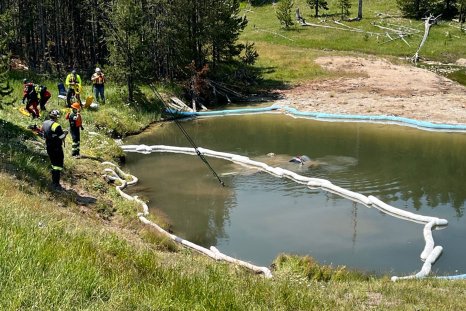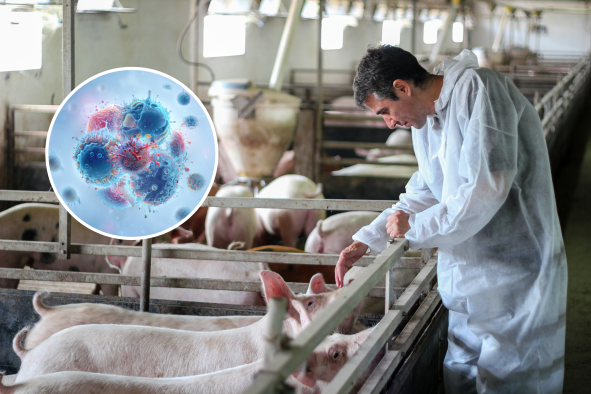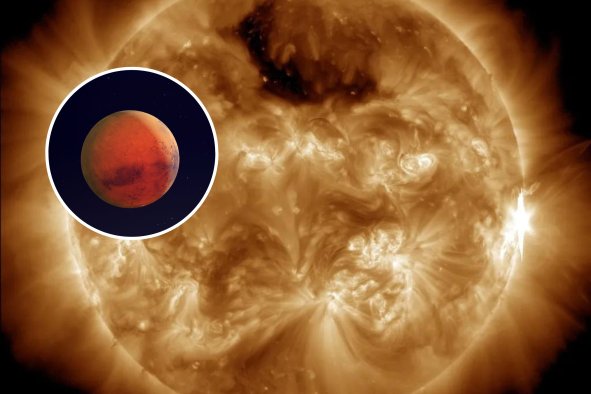Children with an older sibling with autism are 20 percent more likely to develop autism themselves, new research finds. Scientists hope that the discovery will facilitate timely autism diagnoses in young children, enabling earlier interventions for more effective symptom management.
Autism spectrum disorders are a diverse group of conditions characterized by some degree of difficulty with social interaction and communication, affecting roughly one in 36 children in the U.S., according to the U.S. Centers for Disease Control and Prevention.
Previous studies have shown that children diagnosed with autism before the age of 2 and a half are three times more likely to exhibit improvements in social symptoms compared to those diagnosed between the ages of 3 and 5. However, diagnoses are typically not made before the ages of 3 or 4 due to a lack of established early indicators and long waiting lists for evaluations.
Thus, identifying factors that increase our risk of developing autism is vital for effective symptom management.
There are many potential causes of autism spectrum disorders, which include both environmental and genetic factors. Indeed, previous research has found that those with older siblings with autism may be significantly more likely to develop autism themselves. However, larger, more representative studies were needed to confirm these results.
Now, scientists from the University of California Davis MIND Institute have confirmed these findings in a nationally representative sample of over 1,600 infants from across 18 different research sites.
To be eligible, participants had to have at least one older sibling diagnosed with autism. The children—recruited between 2010 and 2019—were followed from as early as 6 months and, at the age of 3, were assessed for autism by trained clinicians.
The team found that children with older siblings with autism had a 1 in 5 chance of developing the condition themselves (compared to 1 in 36 for the general public.)
They also found that the sex of the first child was also a significant indicator of the likelihood of autism development in their younger siblings.
"If a family's first autistic child was a girl, they were 50 percent more likely to have another child with autism than if their first autistic child was a boy," study leader Sally Ozonoff said in a statement. "This points to genetic differences that increase recurrence likelihood in families who have an autistic daughter."
Those with multiple siblings with autism were more likely to develop the condition than those with only one sibling.
The researchers also found that race and the mother's education level influenced the likelihood of autism development. "These findings are new—and critical to replicate," Ozonoff said. "They do mirror the recent CDC findings that autism is more prevalent in children of historically underrepresented groups."
Ozonoff added that these findings were unexpected and, therefore, more research was needed to confirm these demographic associations. However, if these findings are replicated, it raises the possibility that social determinants of health may increase autism rates among families.
The full study can be read in the journal Pediatrics.
Do you have a tip on a health story that Newsweek should be covering? Do you have a question about autism? Let us know via science@newsweek.com.
Disclaimer: The copyright of this article belongs to the original author. Reposting this article is solely for the purpose of information dissemination and does not constitute any investment advice. If there is any infringement, please contact us immediately. We will make corrections or deletions as necessary. Thank you.



